5330002917319
Price Quote Get an up to date pricing and availability quote for this product. Order online or over the phone.
Quality Commitment
Serving our customers with quality and safety first.
- AS9120 Certified
- Audited supply chain
- ITAR Registered
- DDTC Registered
- HAZMAT Certified
- Customer service objectives
- Every product 100% inspected

5330-00-291-7319 Specification Set by the OEM (see RNCC code 3)
angle
0.2155in.
2.520in. and 2.525in.
3.225in. and 3.230in.
90.0 degrees and 92.0 degrees
aluminum or aluminum alloy 6061 or aluminum alloy 6062
QQ-A-353 fed spec 1st material response or WW-T-789 fed spec 2nd material response or QQ-A225/8 fed spec 2nd material response or WW-T-789 fed spec 3rd material response
anodize
QQ-A-696 fed spec single treatment response
Cross Reference Parts Part numbers that meet the specification outlined on this page and set by the OEM
Identification Item Identification Guide (IIG) and Item Name Code (INC)
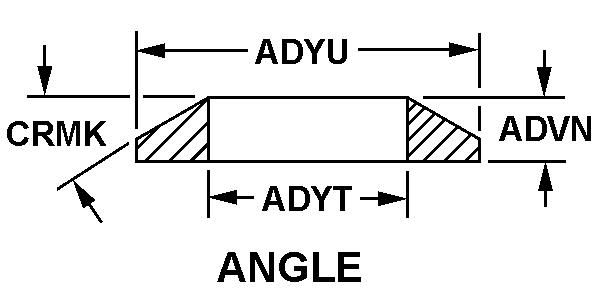
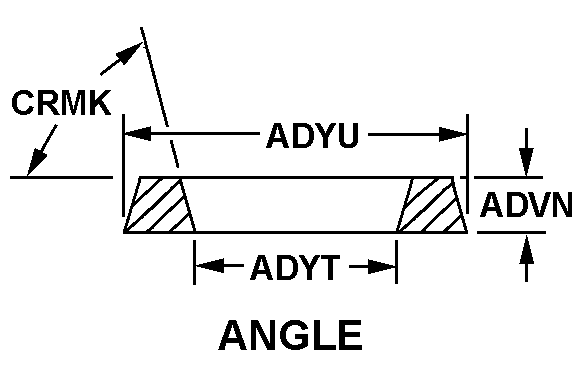
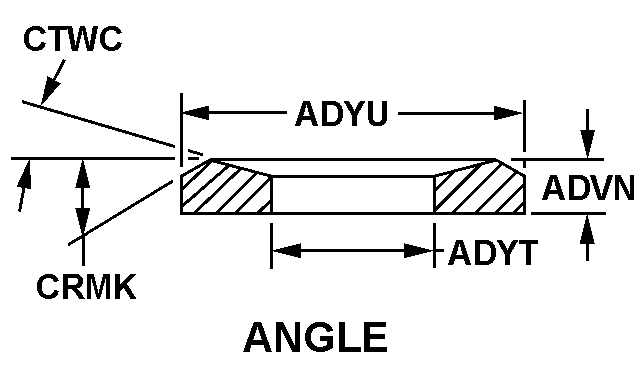
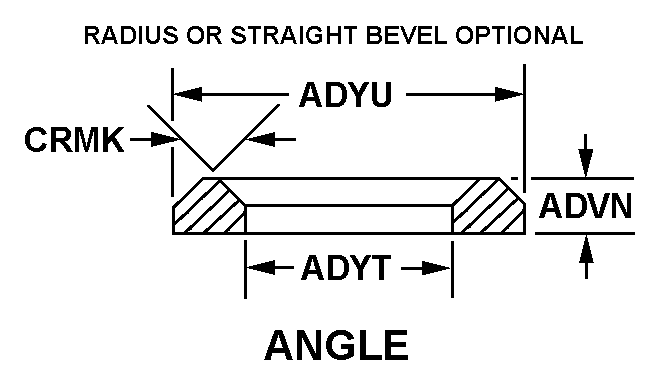
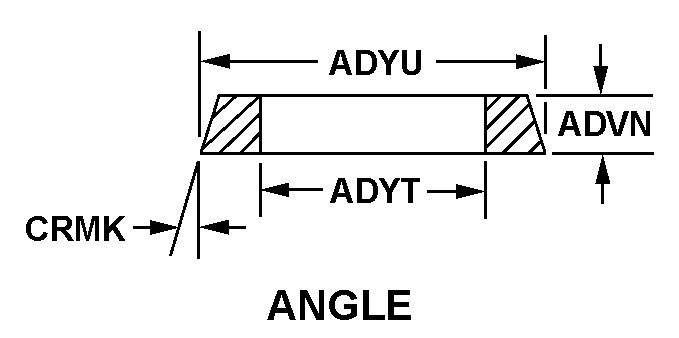
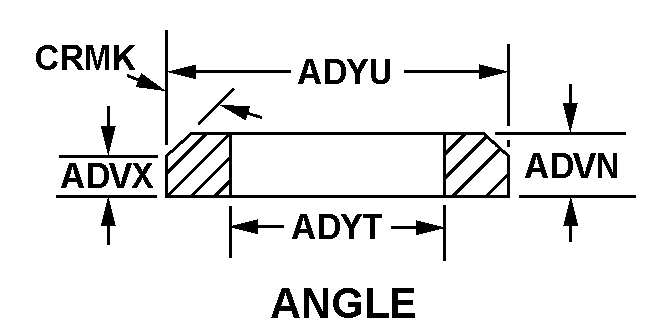
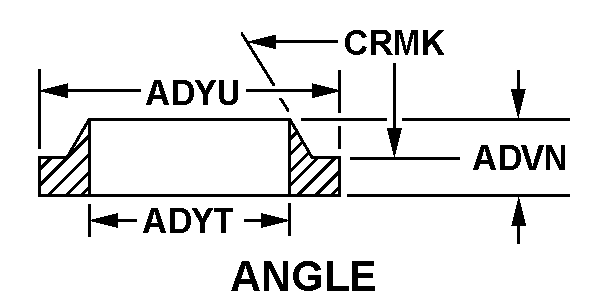
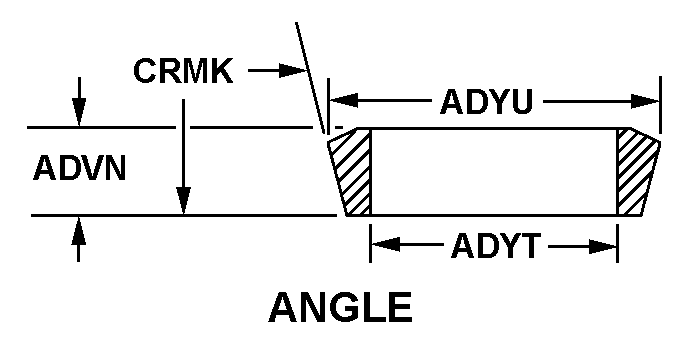
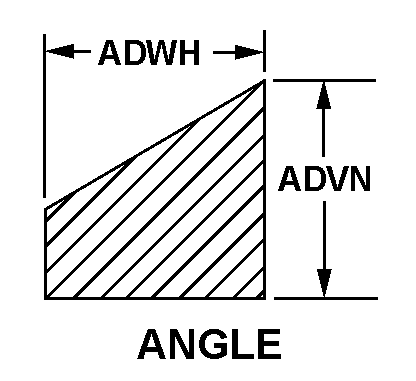
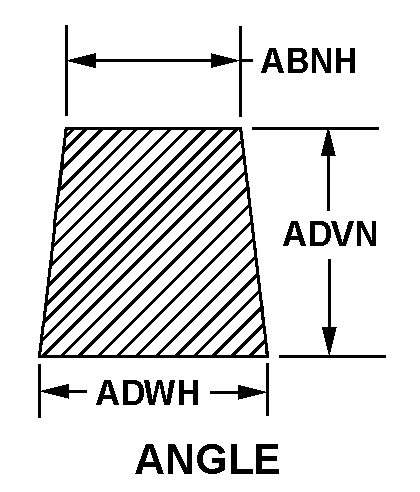
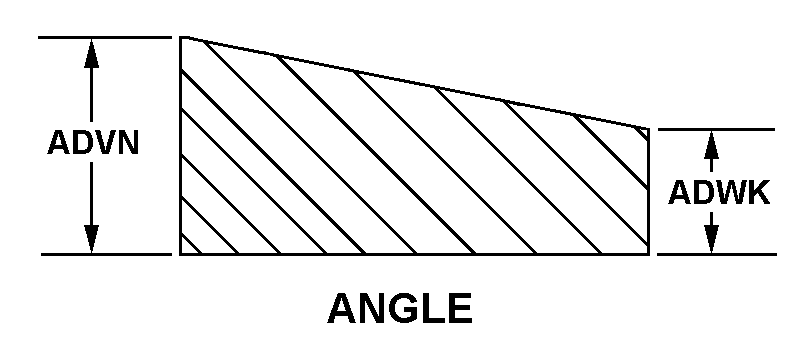
Definition Definition of approved item name (AIN): "RETAINER,PACKING"
An item designed to fit over a packing gland by mating with a surface of a second part which together will retain into a narrow groove or confined space the packing, preformed or o-ring, or an item designed to fit over a rod or shaft, to mate with a stuffing box to confine packing material. It may function as a static or dynamic seal retainer with the packing located on, around, or in the centerline direction of the rod or shaft axis. It may have holes or joints for mounting, be threaded or unthreaded. See also packing nut and packing nut, stuffing tube.
5330-00-291-7319 Material Hazmat, Precious Metals, Criticality, Enviroment, and ESD
Indicates there is no information in the hmirs. The nsn is in a fsc in table ii of fed std 313 and a msds may be required by the user. The requirement for a msds is dependent on a hazard determination of the supplier or the intended end use of item.
Precious metal content is unknown
The item does not have a nuclear hardened feature or any other critical feature such as tolerance, fit restriction or application.
Identification Codes
HMIC: Hazardous Material Indicator Code. A one position code that identifies a hazardous item.
PMIC: Precious Metal Indicator Code. A one position code which identifies items that have precious metals as part of their content. precious metals are those metals generally considered to be uncommon, highly valuable, and relatively superior in certain properties such as resistance to corrosion and electrical conductivity.
ESD: Electrostatic Discharge. Indicates if an item is susceptible to electrostatic discharge or electromagnetic interference damage. electrostatic discharge damage occurs when an accumulation of static electricity generated by the relative motion or separation of materials is released to another item by direct contact. electromagnetic interference damage occurs when an item comes into proximity with an electrostatic or magnetic field.
ENAC: Enviromental Attribute Code. Identifies items with environmentally preferred characteristics.
CRITL: Criticality Indicator Code. Indicates an item is technically critical by tolerance, fit, application, nuclear hardness properties, or other characteristics.






